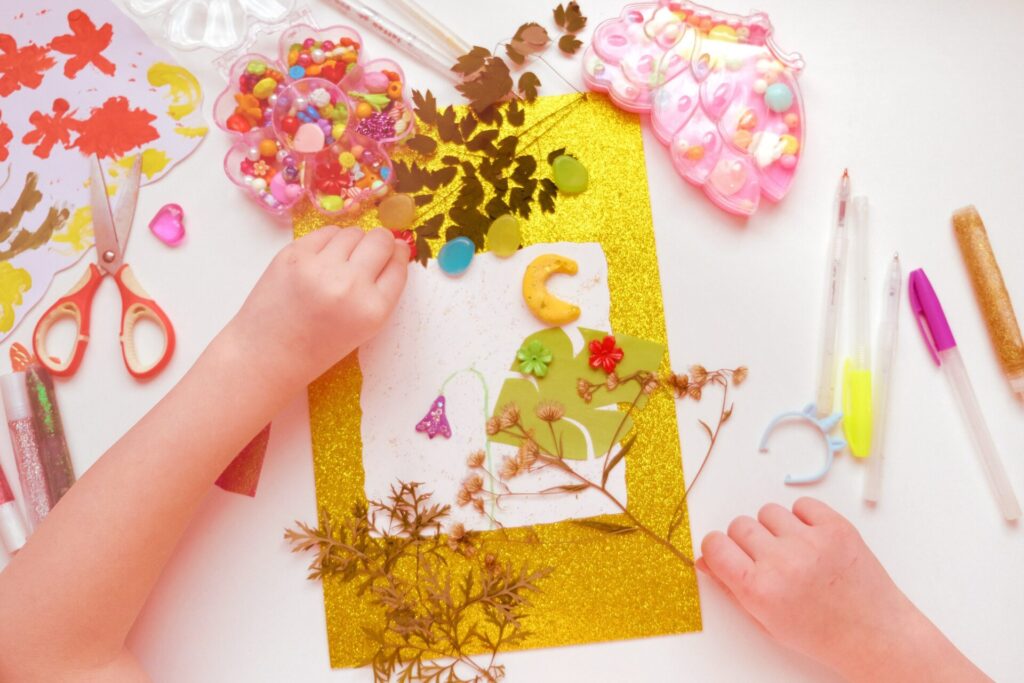How is it that our little children move beyond unconditionally loving and accepting us, to not wanting to even be seen in the same room or associated with us for fear that we might embarrass them? When did that happen?

Along with an emerging desire to not bring attention to themselves, our children may also see us (as we sometimes do them) as reflections of themselves. So, if we are acting goofy, for example, they may be embarrassed to be related to us and worried what others may think or say.
As much as we may want to rise up against our child’s desire for us to quiet down, think twice. If you put yourself in your child’s shoes, you can see how he might feel uncomfortable with your whistling and hand clapping at a kiddies concert. Then you can soften your response or acknowledge his concerns.
Even if you feel that your child’s response to your behaviour is due to a preoccupation about what others might think, you may still decide to temper your behaviour so he feels more comfortable being with you in public.
You may feel angry, frustrated, hurt, or even feel as if you are being asked to inhibit behaviour that defines who you are. Depending on your child’s age, perhaps this is something that can be discussed (but not in the heat of the moment). Acknowledge and normalize your children’s feelings of embarrassment at any behaviour that makes them feel as if people are watching, but also try to help them understand how it makes you feel when you are asked to stop doing what comes naturally to you.
The goal would be to recognize which of your behaviours may truly be over the top versus just being perceived as such. As your child matures, it would be ideal if together you were able to reach a compromise whereby each of you is able to be your real selves while recognizing the impact that your behaviour has on one another.
Besides feeling embarrassed, our children often find us annoying as we direct them one way or another. Sometimes we don’t even know specifically what they find annoying.
So ask.
Then, for example, if your son says that he finds it annoying when you wake him in the morning, discuss options to remedy that – an alarm clock, for example.
Or, if your daughter says she finds it annoying when you ask so many questions, enquire how else you can find out about her day (without sarcasm!). Maybe she doesn't want to share the details of her day the minute she gets home from school but is more open to sharing at night before bed.
While it’s not always best to bend over backwards to accommodate your child’s every wish, be open to hearing what is irritating her and then think about whether and how you are willing to change.
Humour is a great way of defusing tension, too. When I do something that I know my daughter has found annoying, I look right at her, smile and say “I know, I’m so annoying, right?” She smiles back, nods and we move on.
Through the Ages
Preschool
When our children are very little, we can do no wrong. They’d never notice if you stepped outside in pink shorts and a clashing orange shirt and are happy to clap along and sing with you at a favourite concert. So, be yourself because this complete and utter acceptance of you does not last.
School Aged
As our children believe that the world’s eyes are on them (and you when you're out together) they demand a very specific code of behaviour from us, often even more than we expect from them.
Teen Years
Teens can hope that we become almost invisible. Heaven forbid they should be seen with a parent at the mall. Out of fear of parents doing something that might embarrass them in front of their peers, they can be quick to criticize and comment on anything that annoys them – even when we believe that we are acting perfectly within reason. Suggest your teen try to articulate his feelings. For example, “I feel annoyed when you ask me all the time if I’m hungry. I’d prefer to let you now when I need something to eat,” instead of “You’re so annoying.”
Sara Dimerman is a psychologist, author and parenting expert in the Greater Toronto Area. Read more at helpmesara.com
Originally published in ParentsCanada magazine, November 2014.








